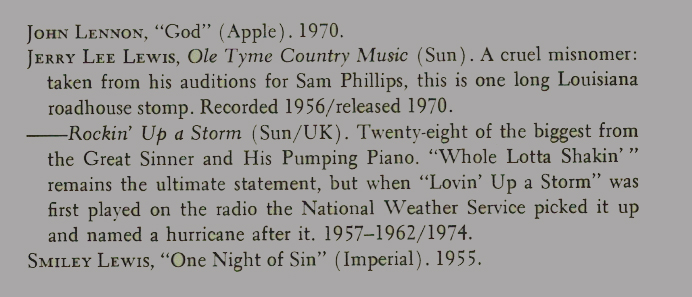I’m in thrall to chaud bonheur – hot happiness? – a phrase I just learned from Stanley Corngold (who uses it near the end of his post in this batch). The burn flashed me back to my twenties when I locked on promesse de bonheur from Stendhal’s passionate NO to Kant’s el blando Germanic aesthetic: “That is beautiful which pleases without interesting.” Oh, please, please, please…
The rag you’re reading has always hoped to cultivate instincts for happiness. (When I recall my crew’s gone good times in the 80s and 90s, it seems sadly apparent to me that First has served as a sort of substitute for all yesterday’s parties.) First’s fun had never been tuned to disengagement. In our time your editor has invoked C.L.R. James’ “struggle for happiness” and Arendt’s “public happiness.” You can trace the stages of First’s happiness in the About section of this website where there’s an archive of mission statements. What you’re reading here may end up there since I’ve found myself looking backward in this summer of our 25th year in the game.
It’s Playboi Carti’s “Sky” that’s put me in retrospective mode. Carti repurposes a melodic line from a hip hop track by Bone Thugs-n-Harmony that gave First of the Month its name.

